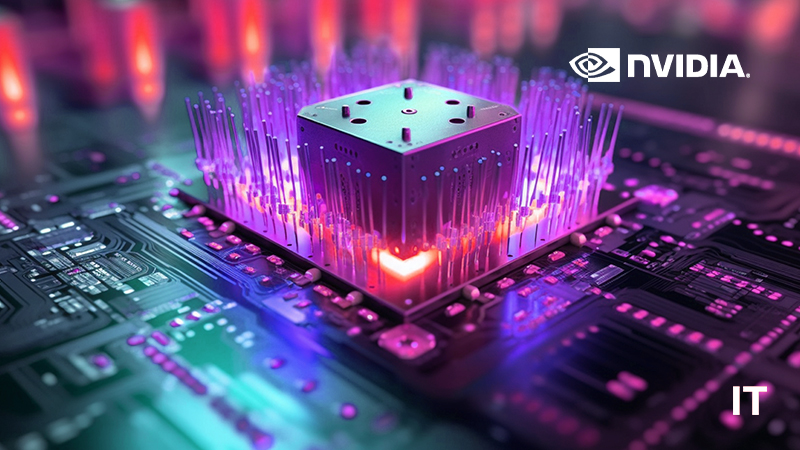NVIDIA announced that it will accelerate quantum computing efforts at national supercomputing centers around the world with the open-source NVIDIA CUDA-Q™ platform.
Supercomputing sites in Germany, Japan and Poland will use the platform to power the quantum processing units (QPUs) inside their NVIDIA-accelerated high-performance computing systems.
QPUs are the brains of quantum computers that use the behavior of particles like electrons or photons to calculate differently than traditional processors, with the potential to make certain types of calculations faster.
Germany’s Jülich Supercomputing Centre (JSC) at Forschungszentrum Jülich is installing a QPU built by IQM Quantum Computers as a complement to its JUPITER supercomputer, supercharged by the NVIDIA GH200 Grace Hopper™ Superchip.
The ABCI-Q supercomputer, located at the National Institute of Advanced Industrial Science and Technology (AIST) in Japan, is designed to advance the nation’s quantum computing initiative. Powered by the NVIDIA Hopper™ architecture, the system will add a QPU from QuEra.
Poland’s Poznan Supercomputing and Networking Center (PSNC) has recently installed two photonic QPUs, built by ORCA Computing, connected to a new supercomputer partition accelerated by NVIDIA Hopper.
“Useful quantum computing will be enabled by the tight integration of quantum with GPU supercomputing,” said Tim Costa, director of quantum and HPC at NVIDIA. “NVIDIA’s quantum computing platform equips pioneers such as AIST, JSC and PSNC to push the boundaries of scientific discovery and advance the state of the art in quantum-integrated supercomputing.”
The QPU integrated with ABCI-Q will enable researchers at AIST to investigate quantum applications in AI, energy and biology, utilizing Rubidium atoms controlled by laser light as qubits to perform calculations. These are the same type of atoms used in precision atomic clocks. Each atom is identical, providing a promising method of achieving a large-scale, high-fidelity quantum processor.
“Japan’s researchers will make progress toward practical quantum computing applications with the ABCI-Q quantum-classical accelerated supercomputer,” said Masahiro Horibe, deputy director of G-QuAT/AIST. “NVIDIA is helping these pioneers push the boundaries of quantum computing research.”
SOURCE: GlobeNewswire


































